Learn how Agent Pools communicate with Azure Pipelines in Azure DevOps
In Azure DevOps, agent pools act as a bridge between tasks defined in pipelines and the underlying agents (Microsoft-hosted or self-hosted). These pools enable pipelines to execute tasks in a controlled, scalable, and secure manner.
Communication Flow Between Agent Pools and Azure Pipelines
Pipeline Creation:
A user creates a pipeline within Azure DevOps that specifies a set of tasks to be executed.
The pipeline is configured to use a specific agent pool.
Agent Pool Selection:
When the pipeline is triggered, Azure DevOps selects an available agent from the designated agent pool based on the pool's configuration.
If multiple agents are available, the first available one is used.
Agent Communication:
The selected agent (either Microsoft-hosted or self-hosted) communicates with Azure Pipelines to fetch tasks and execute them.
The agent fetches the configuration, executes the defined tasks, and uploads the results back to Azure DevOps.
Task Execution:
The agent runs tasks, such as compiling code, running tests, deploying artifacts, or managing deployments.
If running on a self-hosted agent, the agent executes tasks on the host machine, interacting with environment-specific resources.
Data Flow:
Results from the agent are sent back to Azure Pipelines for logging and reporting.
Artifacts generated during the pipeline execution are also uploaded to Azure DevOps storage.
Agent Persistence:
For Microsoft-hosted agents, the environment is ephemeral, meaning data is discarded after job completion.
For self-hosted agents, data persistence is managed by the administrator (e.g., through persistent storage solutions).
Components Involved in Agent Pool Communication
Azure DevOps: Manages and orchestrates pipeline execution, including agent assignments and task configurations.
Agent Pool: Collection of agents that execute tasks. Can include both Microsoft-hosted and self-hosted agents.
Agents: Physical or virtual machines running build, test, or deployment tasks.
Task Queue: Pipeline tasks waiting to be executed on available agents.
Agent Manager: Manages the selection of available agents and monitors their health.
Agent Pool Features Enhancing Communication
Dynamic Agent Allocation: Azure DevOps dynamically assigns the next available agent from the selected pool, ensuring scalability and resource efficiency.
Parallel Execution: Multiple agents from the pool can be used simultaneously for tasks, improving throughput for CI/CD workflows.
Customizable Agent Capabilities: Self-hosted agents can be configured with specific environments, tools, or security measures, tailored to organizational needs.
Security: Agents establish secure communication channels (e.g., using TLS/SSL) to interact with Azure Pipelines and external resources.
Scenarios Where Agent Pools are Used
Continuous Integration (CI): Build tasks executed in parallel on agents to ensure fast feedback during code commits.
Continuous Deployment (CD): Deployment tasks executed across multiple environments using deployment groups and self-hosted agents.
Multi-Platform Testing: Tasks executed on different agents (e.g., Windows, Linux, macOS) to ensure compatibility across platforms.
Dependency Management: Caching dependencies and artifacts during task execution to avoid repetitive downloads.
Agent Pool Configuration and Management
Microsoft-hosted Pools: Managed by Azure DevOps with no additional configuration required. Useful for quick CI/CD setups.
Self-hosted Pools: Require setup on machines managed by the organization, providing flexibility and custom configuration.
Summary
Agent pools in Azure DevOps facilitate seamless communication between tasks defined in pipelines and the agents responsible for executing them. They enhance scalability, security, and customization, ensuring efficient task execution across a variety of workflows.
Whether using Microsoft-hosted or self-hosted agents, agent pools ensure a streamlined, responsive, and controlled build/test/deployment process.




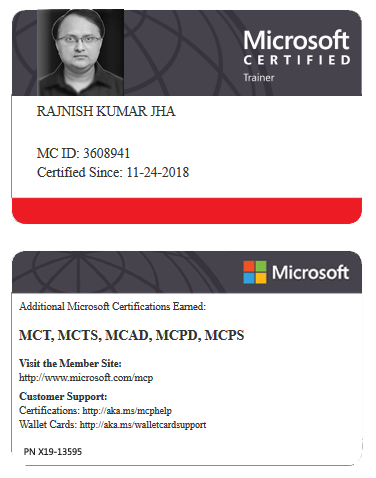
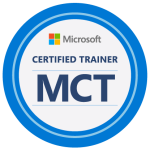





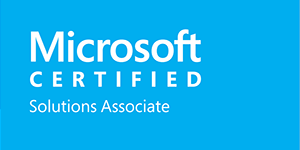
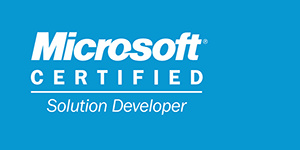
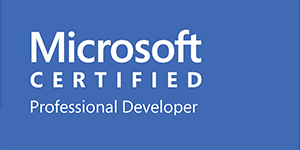

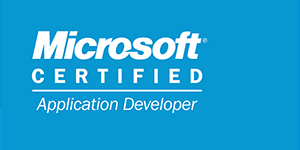
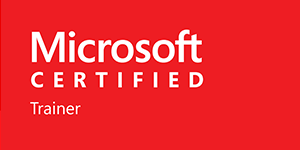





Leave a Reply